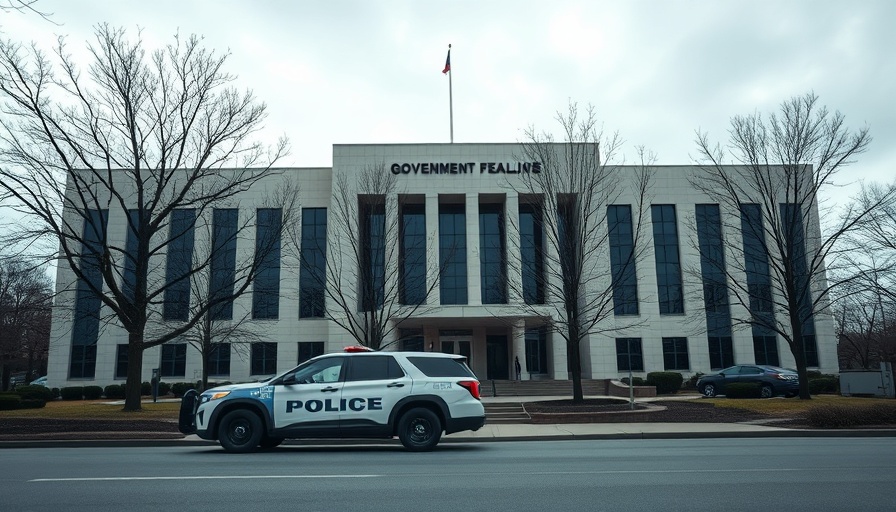
The Controversy Surrounding the OPM Server
A class action lawsuit has emerged from within the corridors of power, as two federal workers raise alarm bells over a server reportedly operated by associates of Elon Musk at the U.S. Office of Personnel Management (OPM). The lawsuit highlights critical governance and cybersecurity issues, including allegations that the server poses a risk of exposing sensitive personal information of government employees to potential foreign adversaries. This case underscores the intersection of technology, policy, and privacy in an evolving digital landscape.
Understanding the Legal Implications
The claims in this lawsuit rest on the assertion that the server, installed improperly without a mandatory privacy assessment, violates federal law, specifically the E-Government Act of 2002. This act mandates privacy assessments before extensive changes are made to government IT systems that handle identifiable information. The allegations suggest that the server's operation lacks legal grounding, which could have far-reaching ramifications for data protection across U.S. government entities.
The Role of Personal Data Security
This lawsuit not only questions the legality of the server's implementation but also raises red flags about how personal data is handled in an increasingly digitized workplace. With the server purportedly designed to gather information from federal employees via an unencrypted email system, experts in cybersecurity warn of the potential consequences of such vulnerabilities. The breach of data security could erode trust in government operations and have dire effects on employees' privacy.
Broader Implications for Government IT Practices
If the courts find merit in the workers' claims and enforce a disconnection of the server, the implications could stretch beyond this particular case. It could signal a need for reevaluation of existing technological implementations in government agencies and a push for stringent oversight measures to protect employee data. The expected delays in any reduction of the federal workforce under the Trump administration's plans could introduce further discussions about the efficiency and security of government services.
The Intersection of Technology and Public Trust
As technology continuously reshapes governance and public service, the legal and ethical considerations become increasingly complex. The allegations surrounding Musk's associates managing a server meant for direct communication without adhering to established protocols could be seen as symptomatic of broader issues in tech governance. Citizens expect their government to uphold high standards of data integrity and privacy protection—an expectation that may soon be tested in court.
Looking Ahead: What This Means for Federal Employees
For federal employees, this lawsuit could serve as a clarion call for reassessing how their personal information is handled. The growing reliance on technology in operations should be accompanied by robust policies that protect individual privacy. If successful, this case could empower workers to hold agencies accountable for data security, cultivating a culture of transparency and responsibility in government operations.
 Add Row
Add Row  Add
Add 




Write A Comment